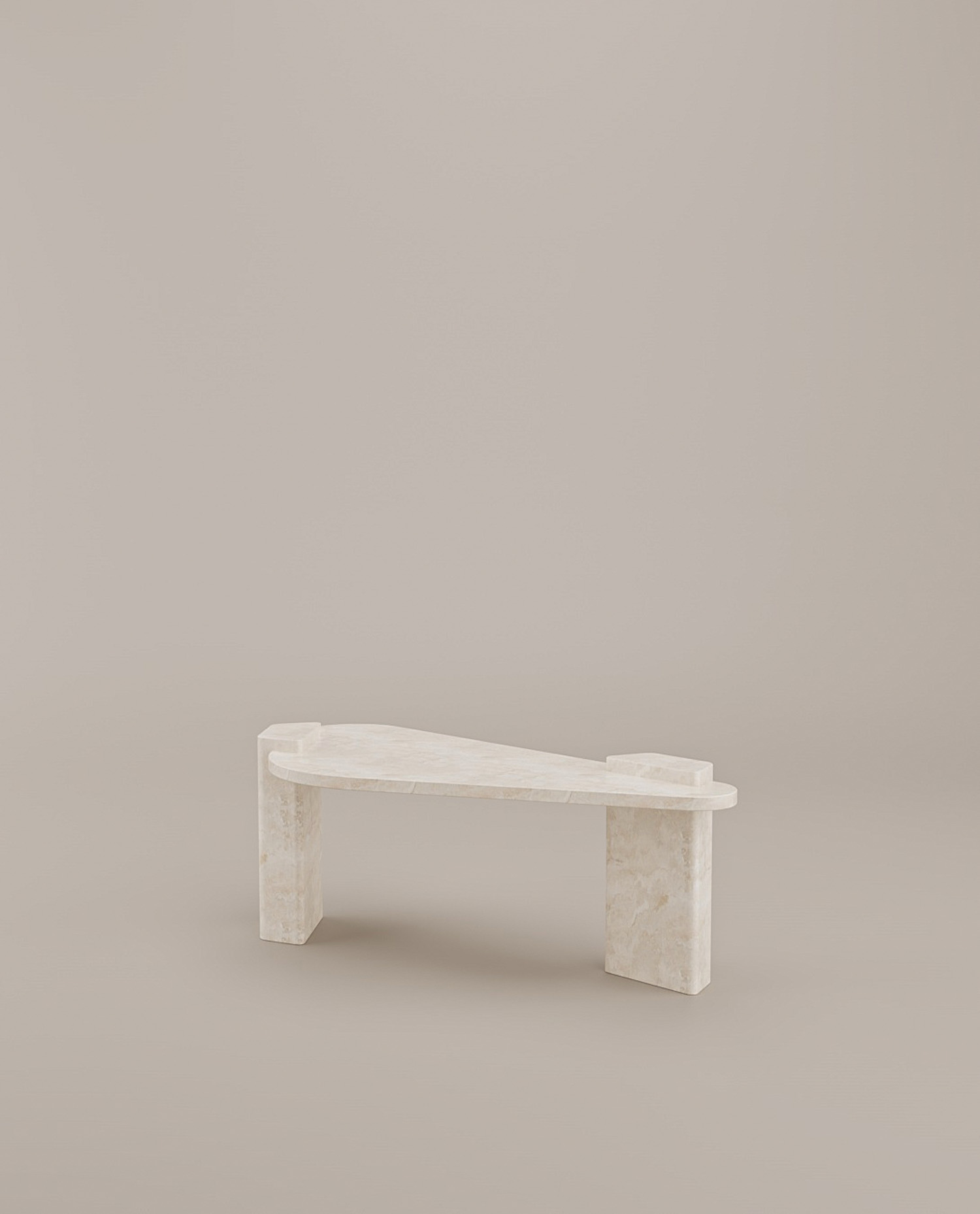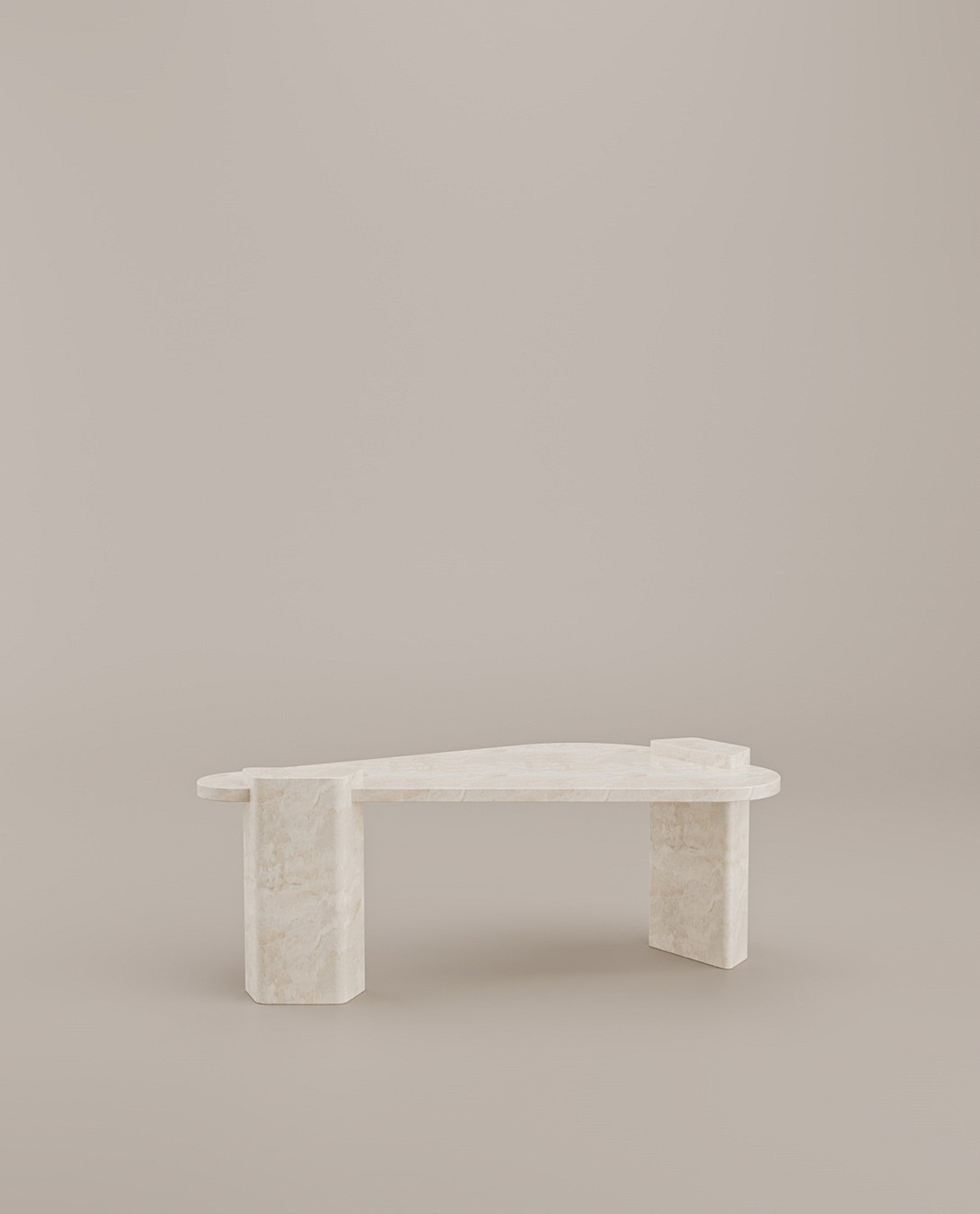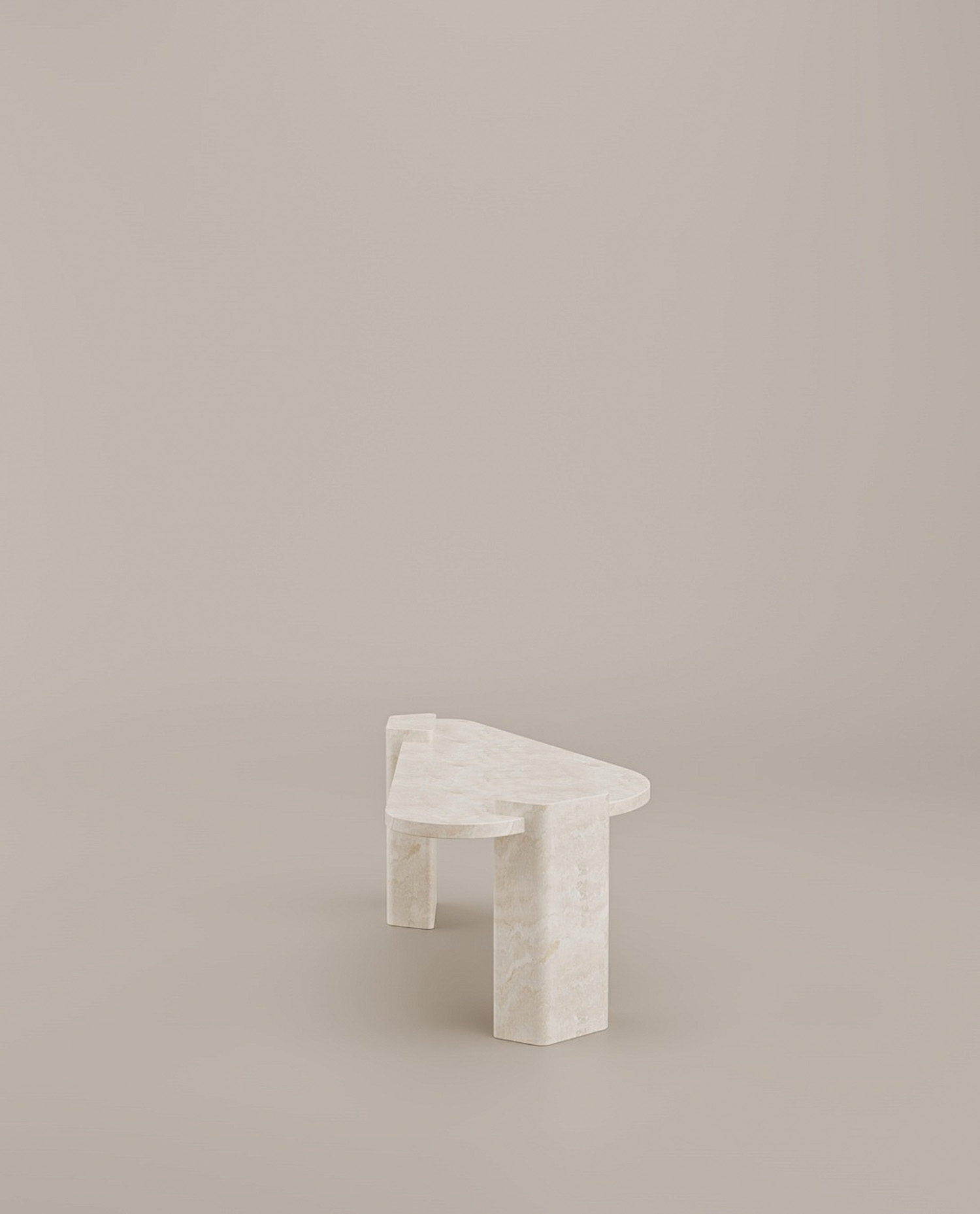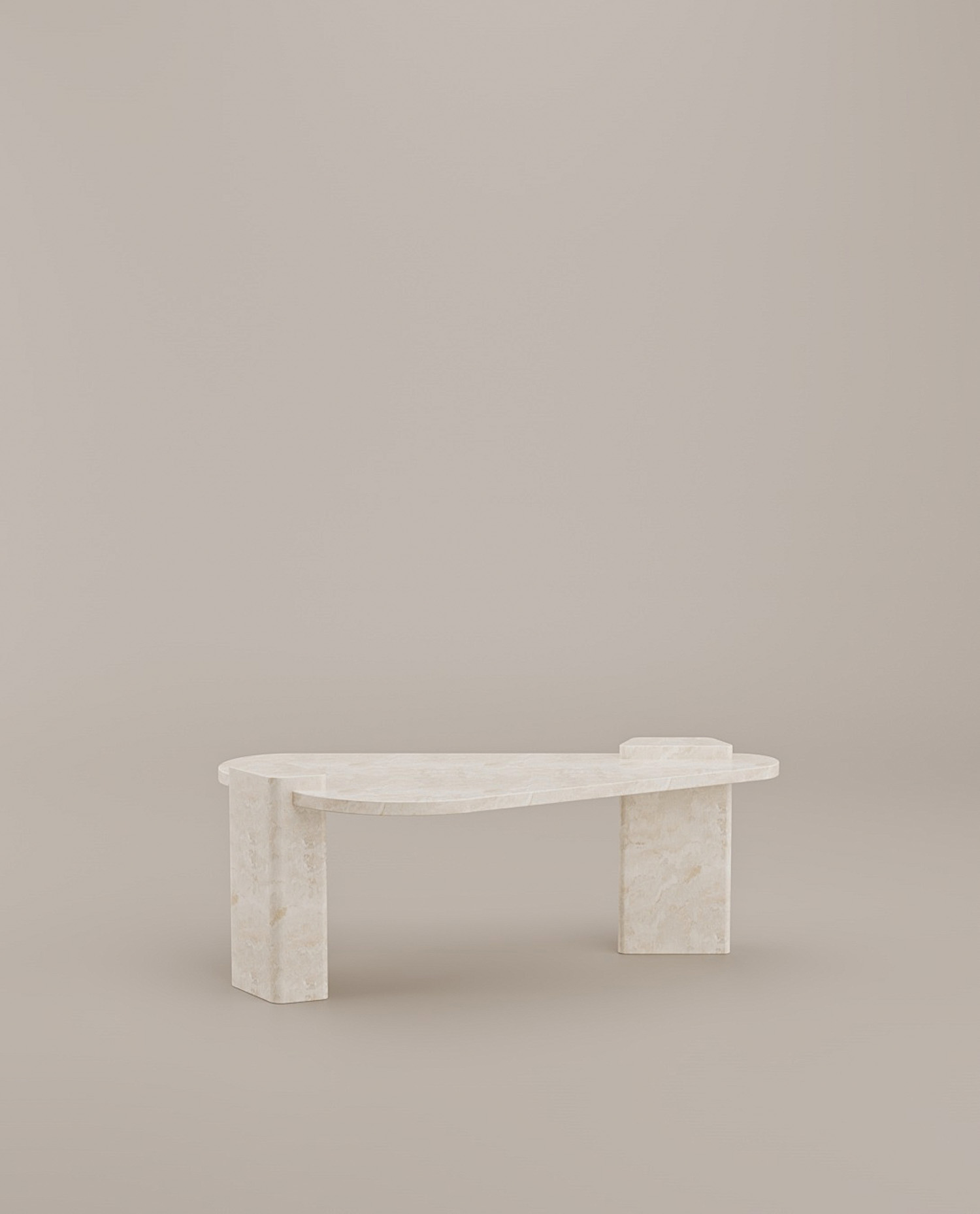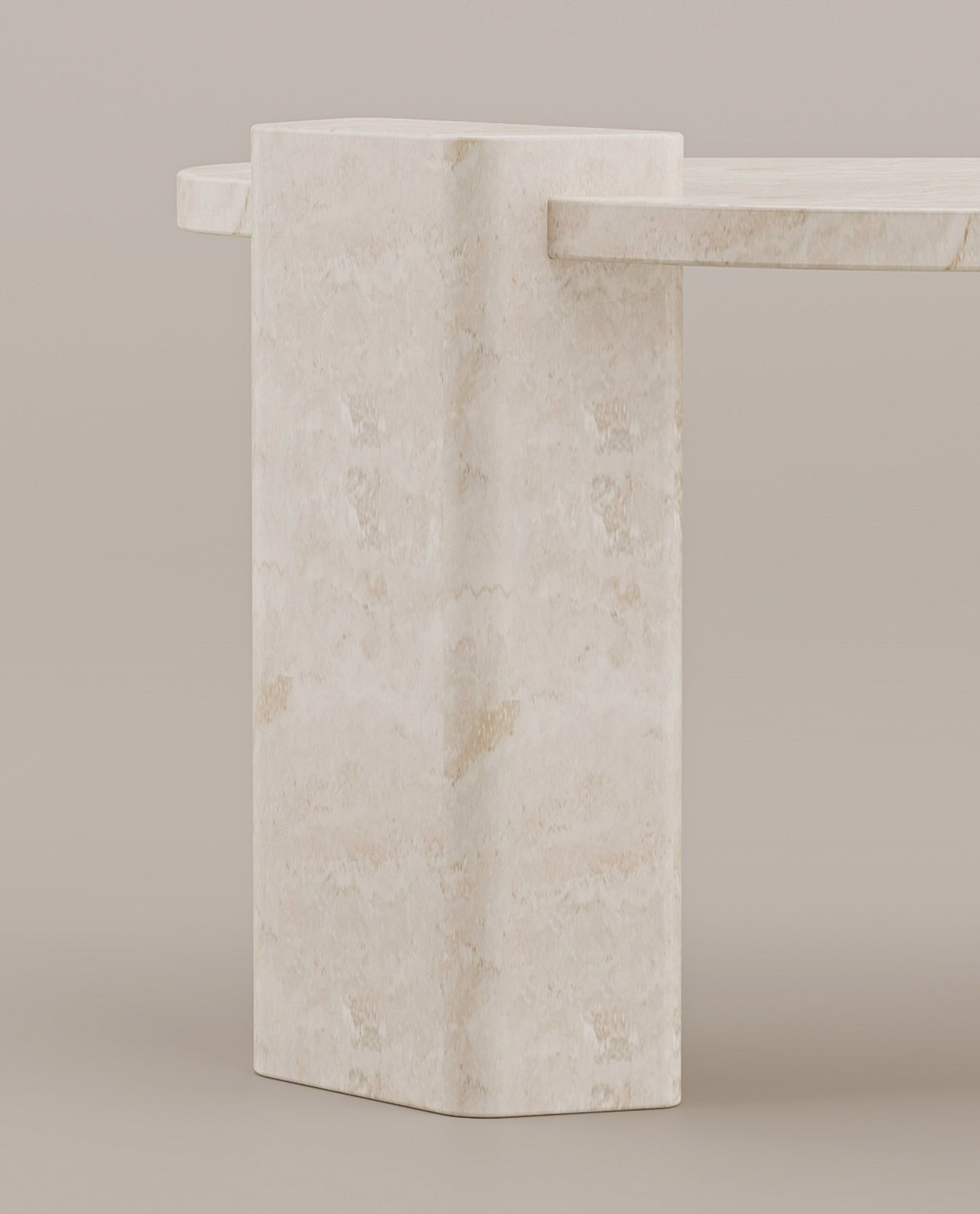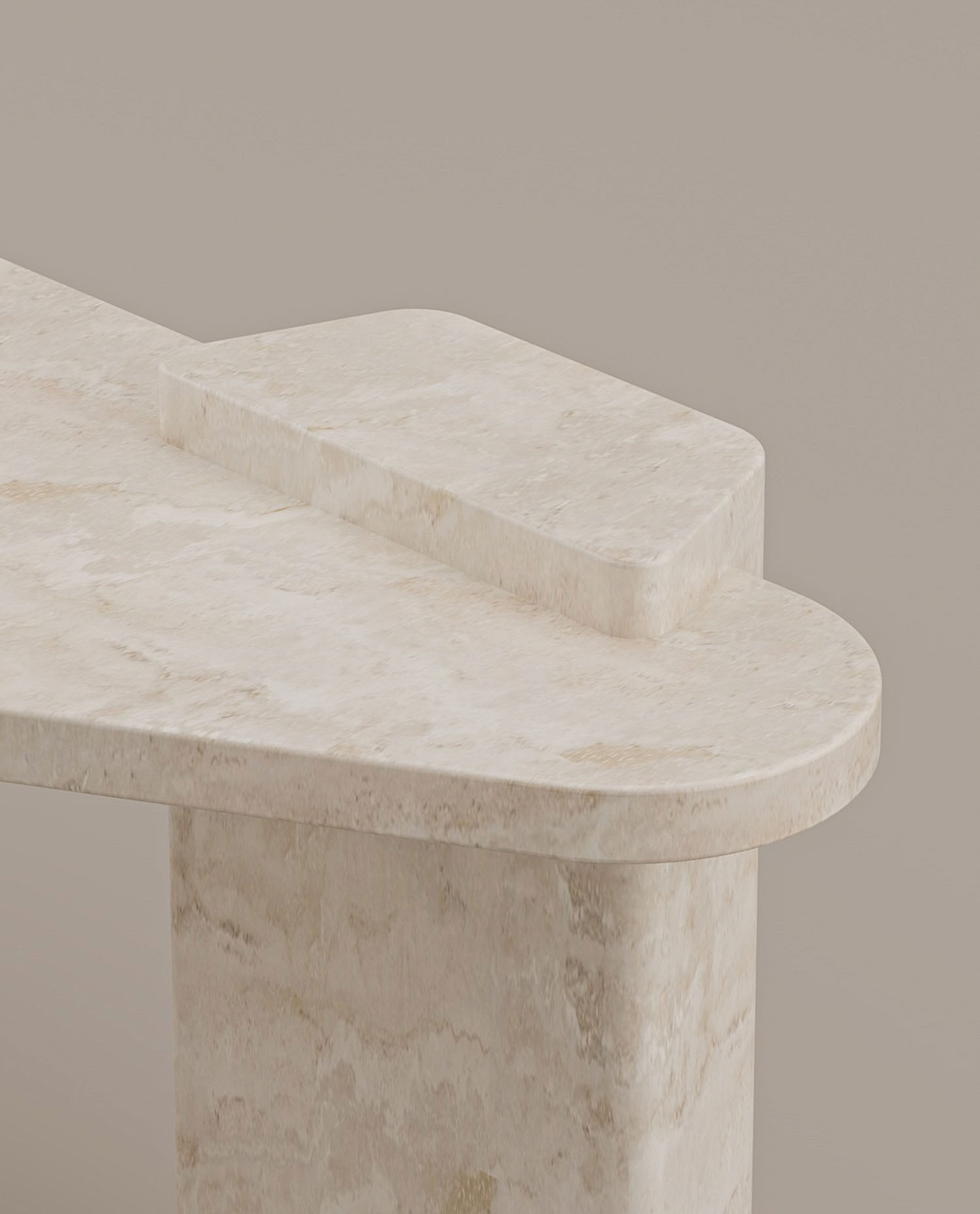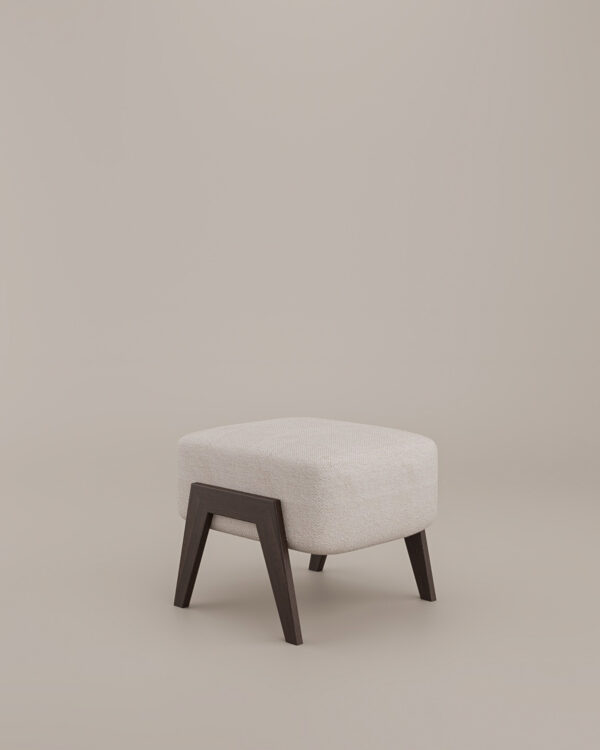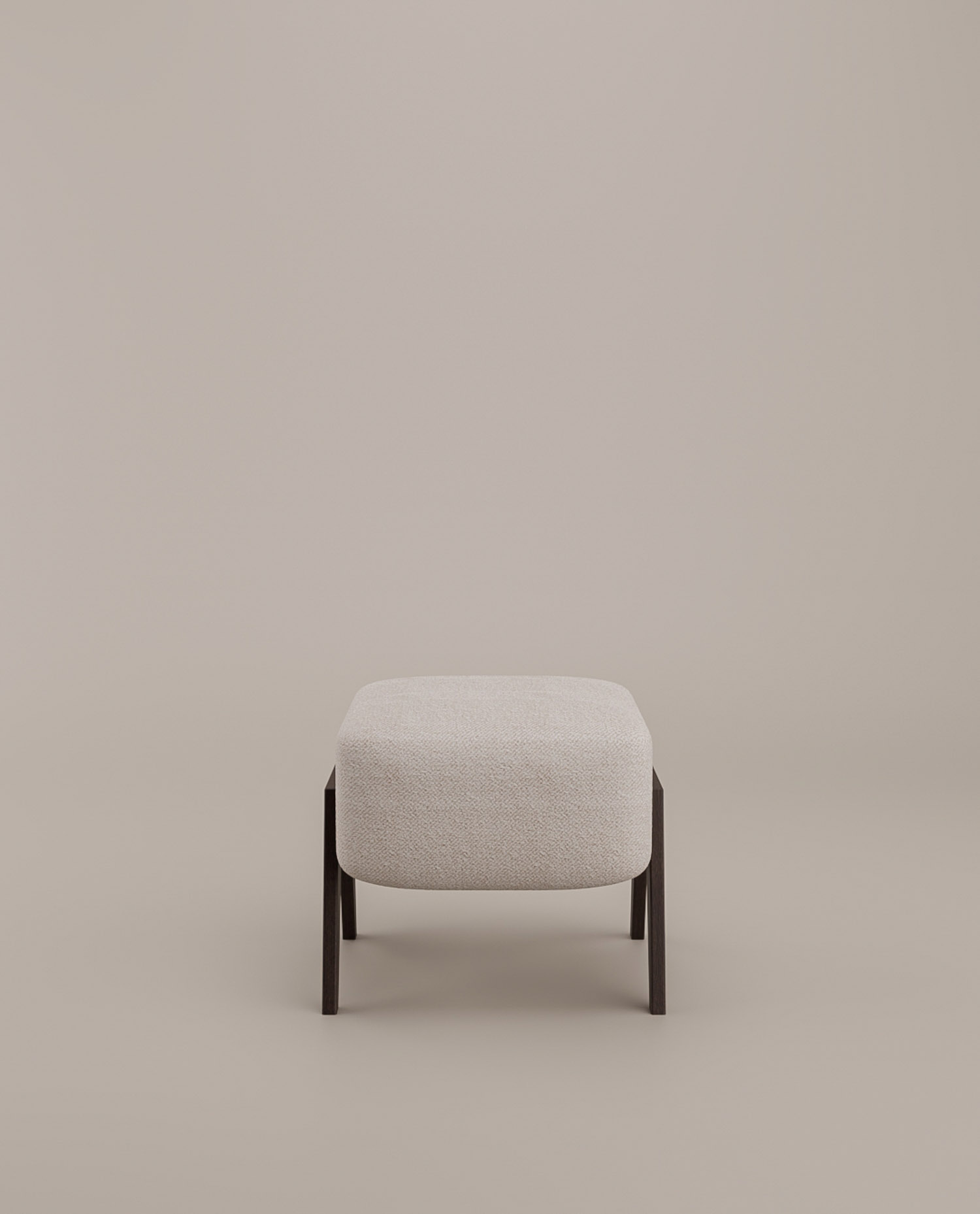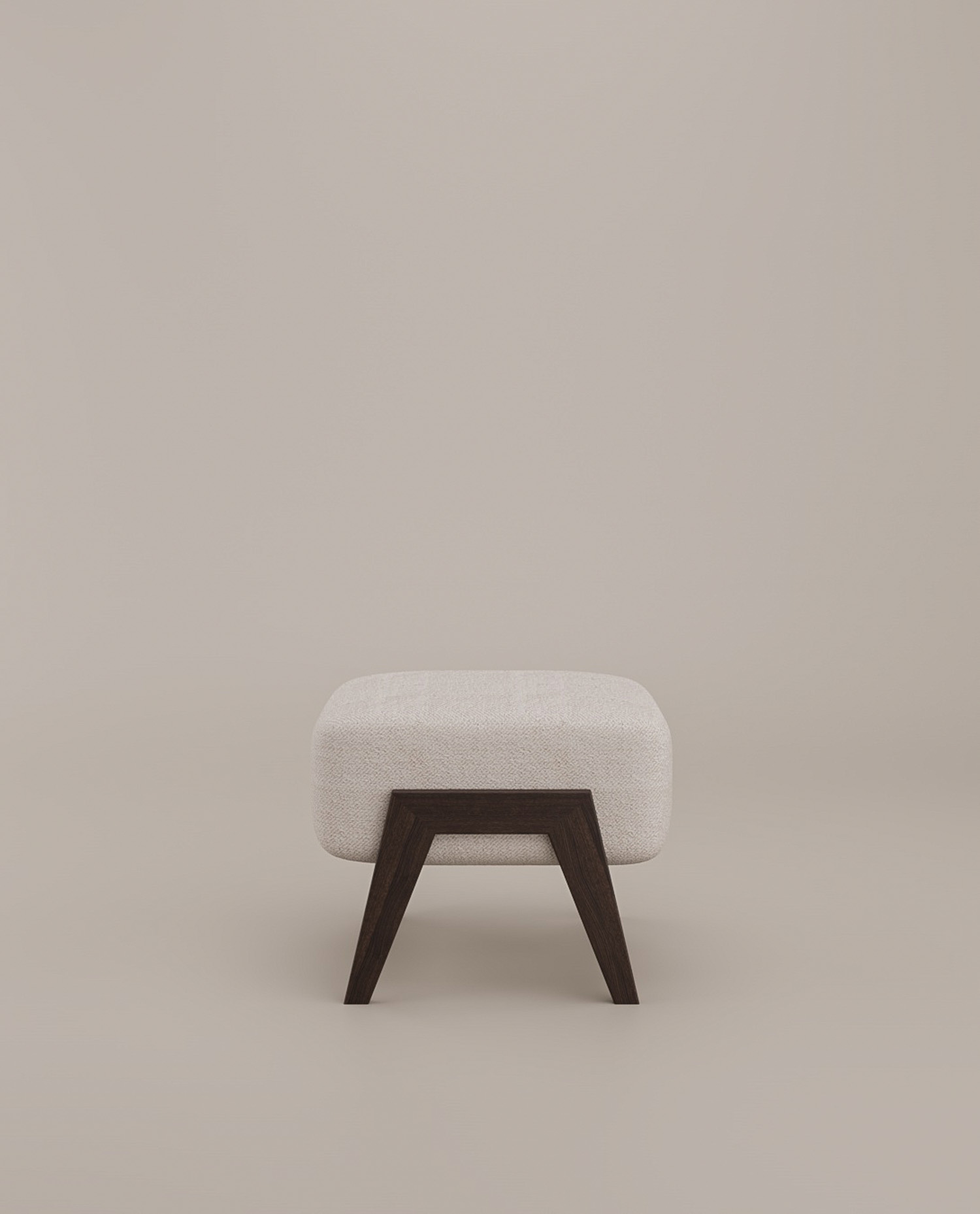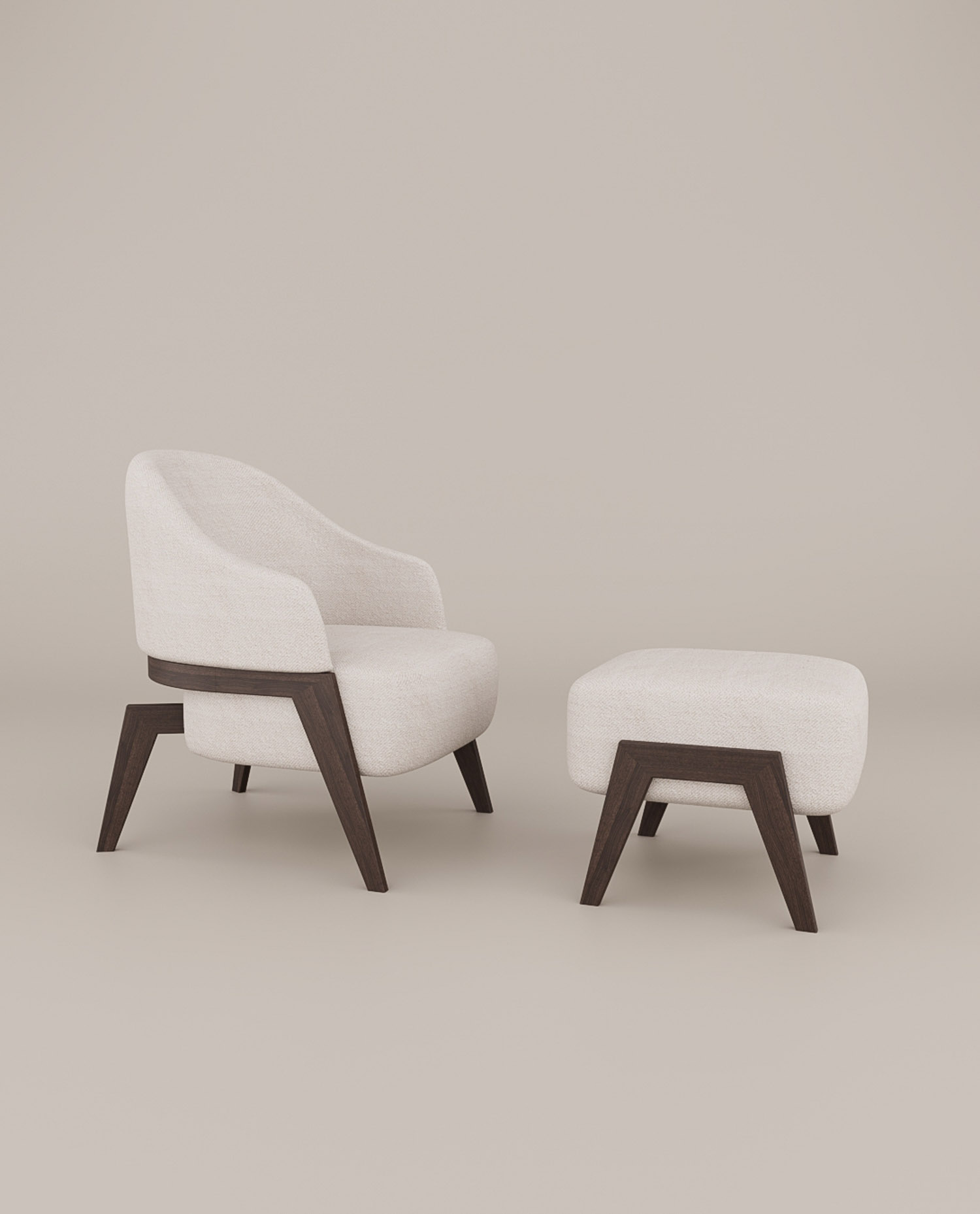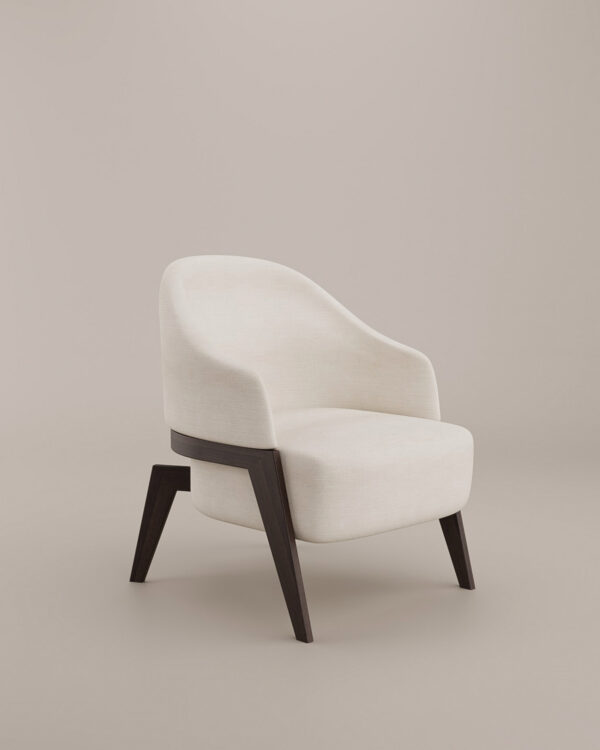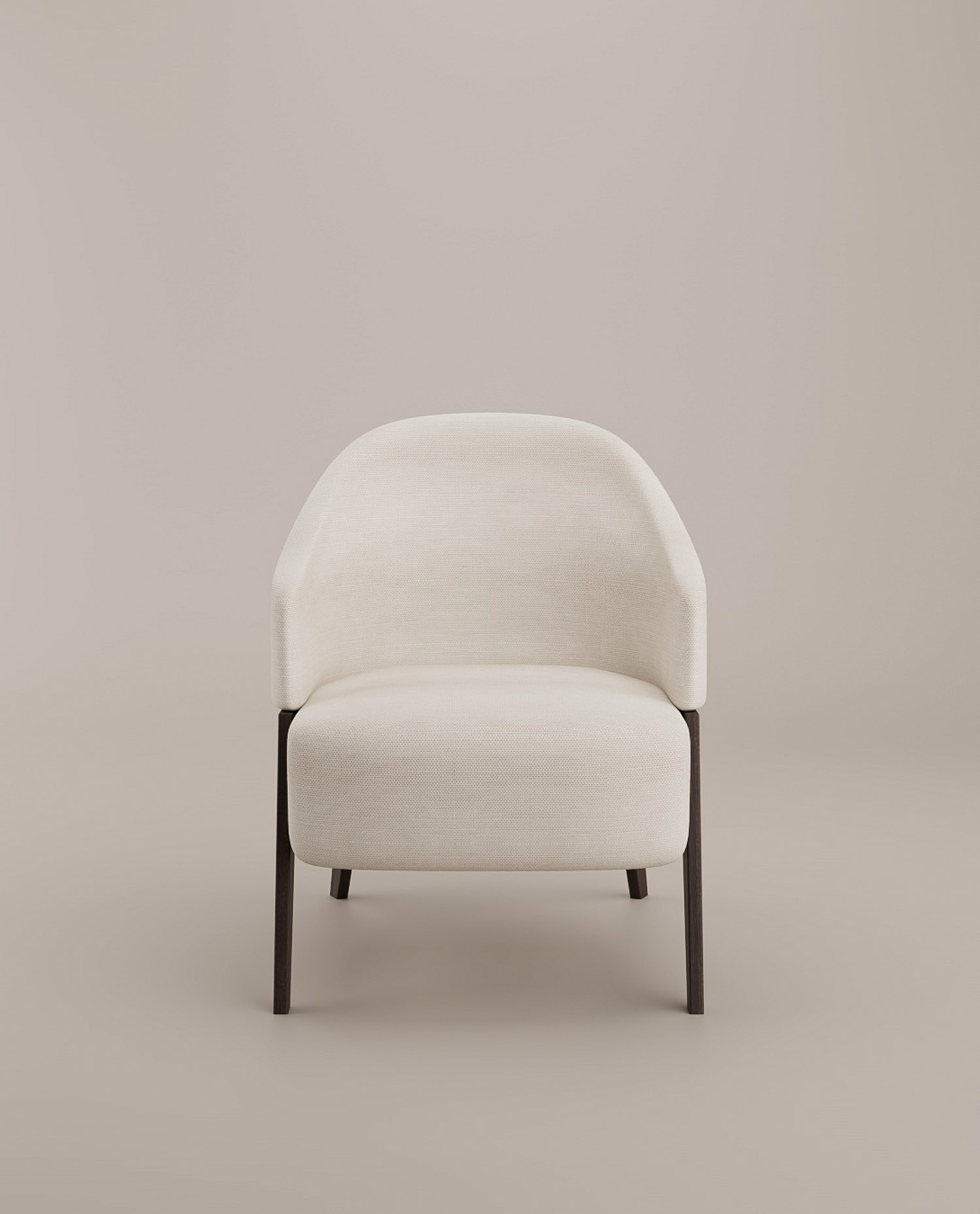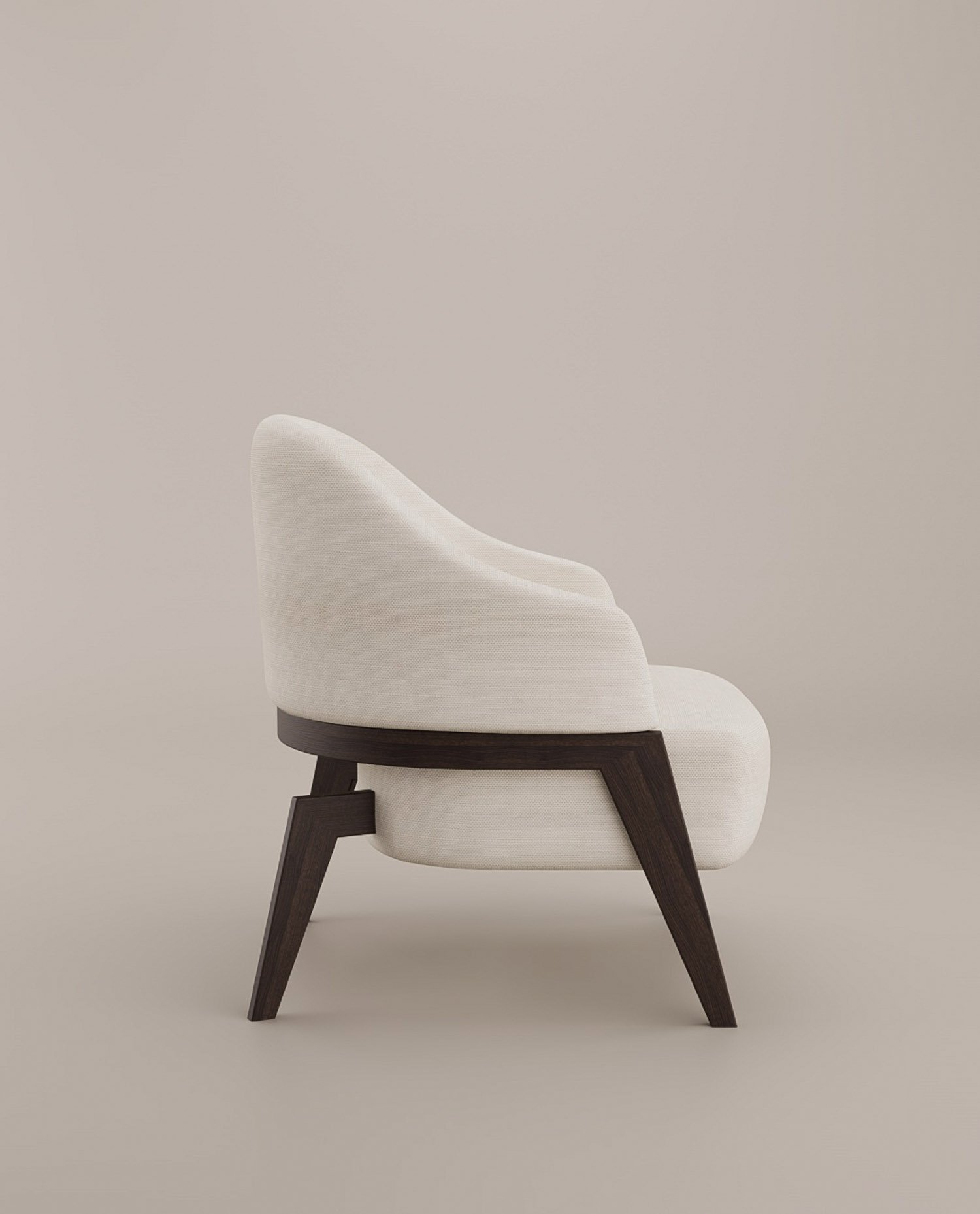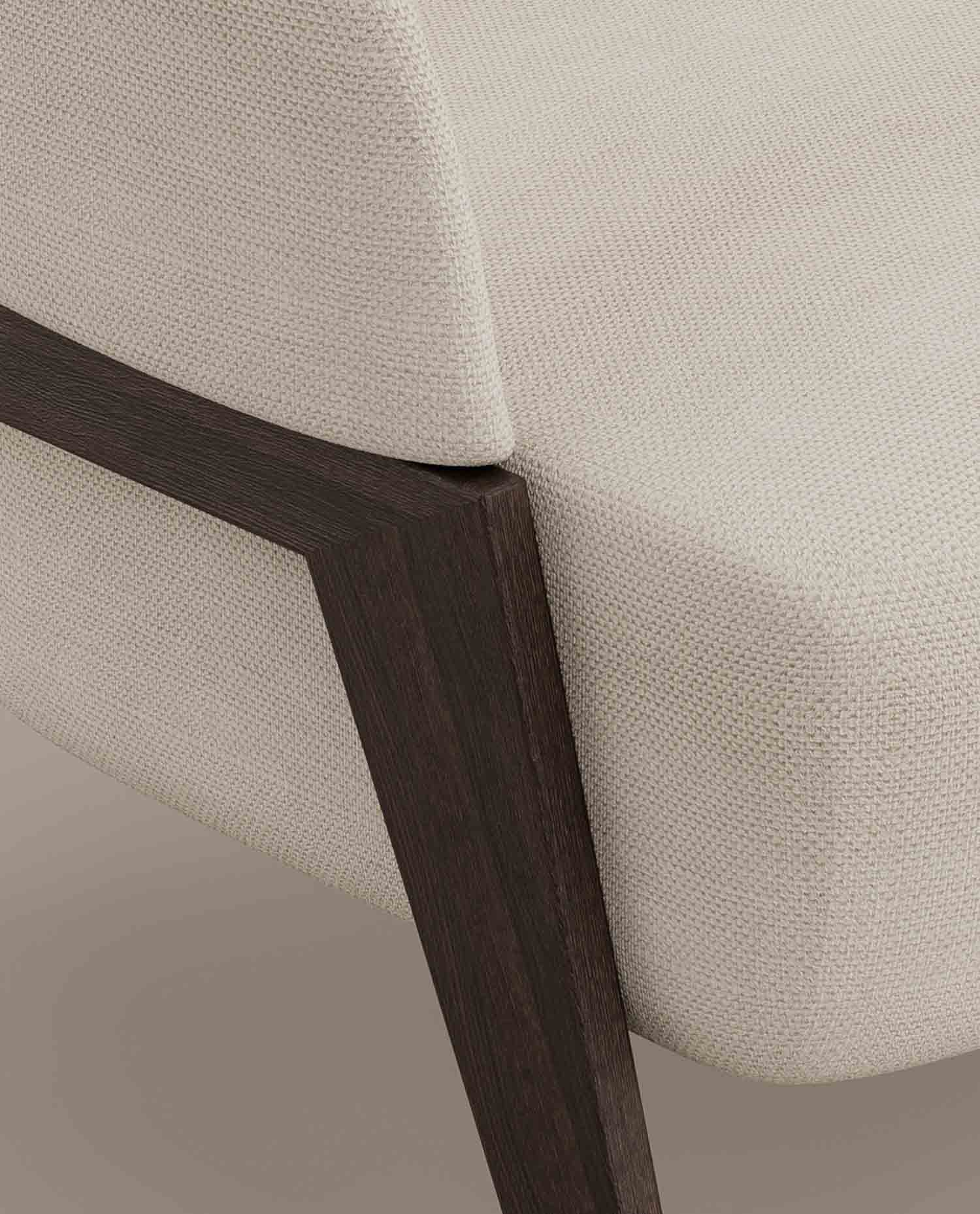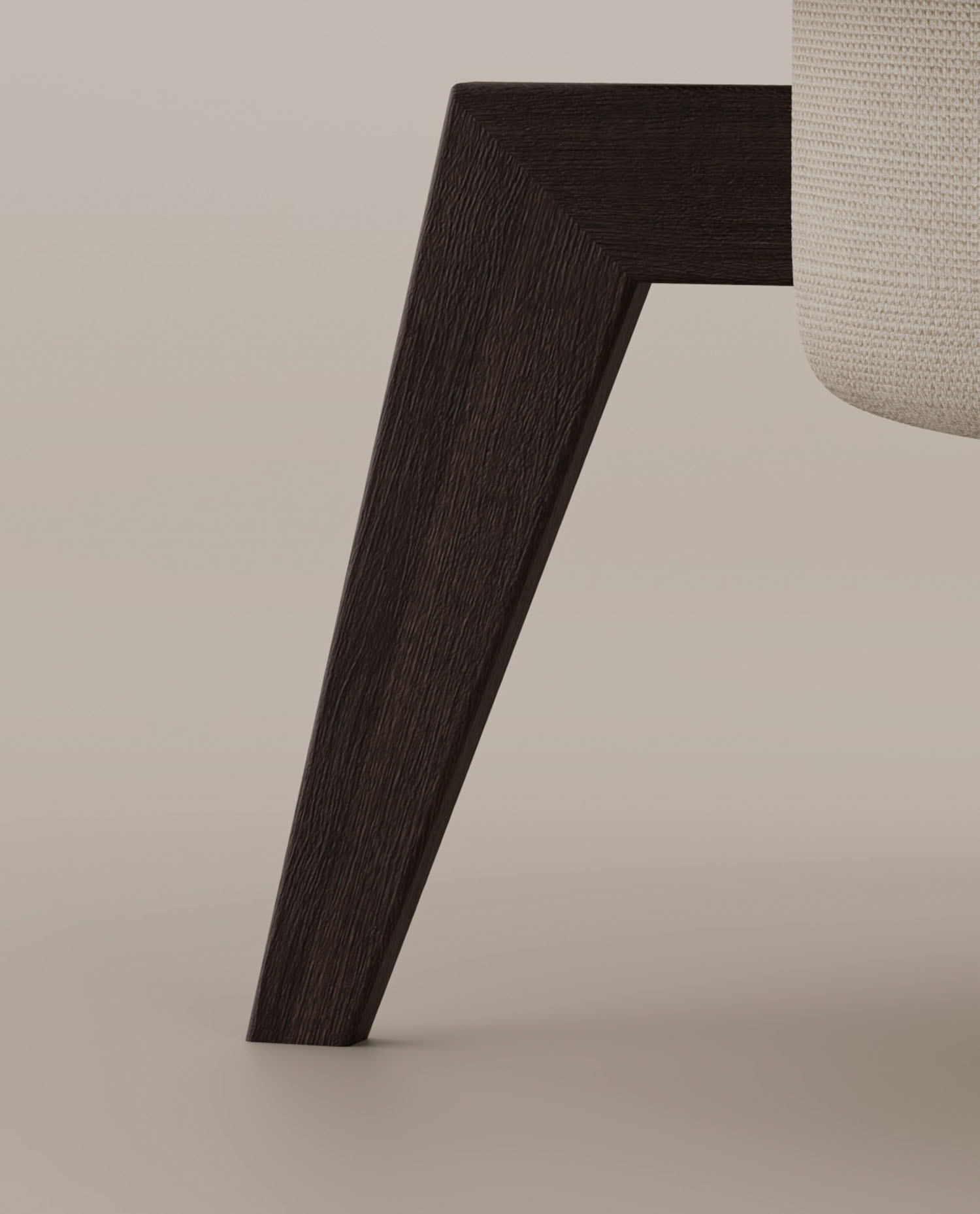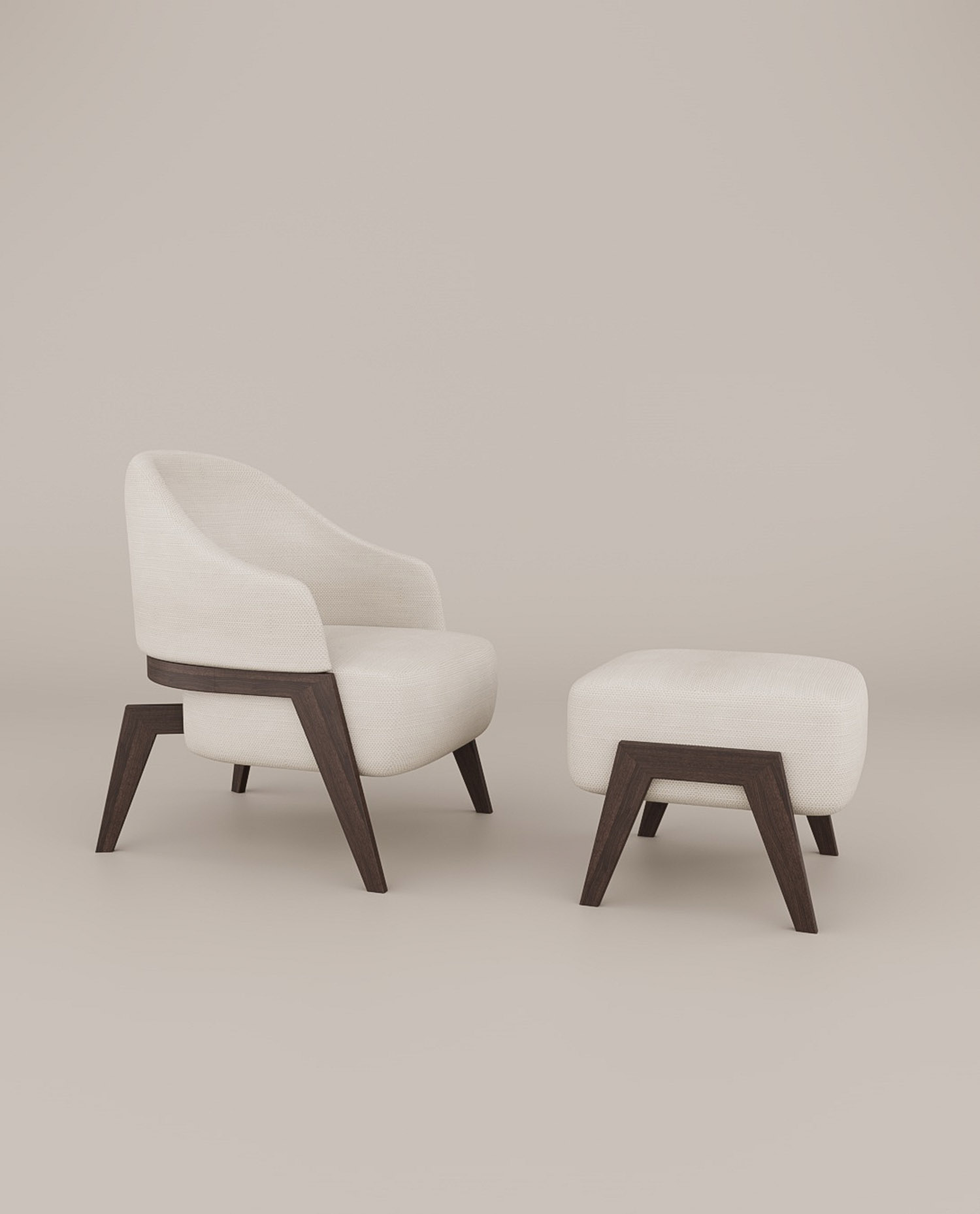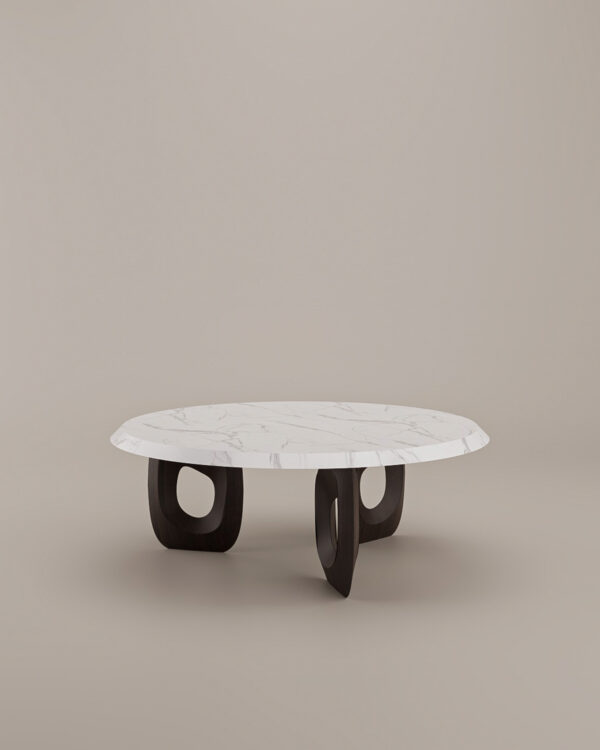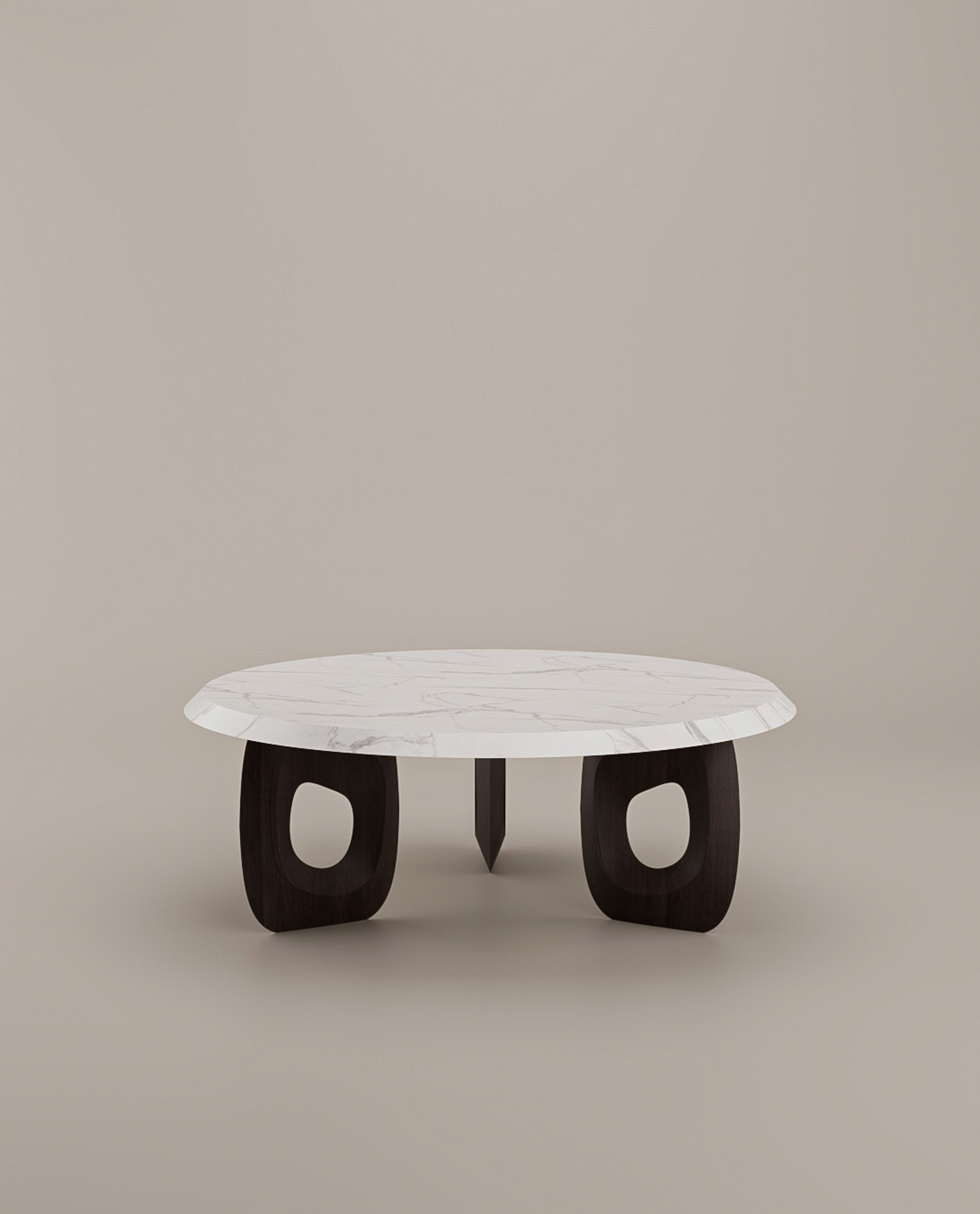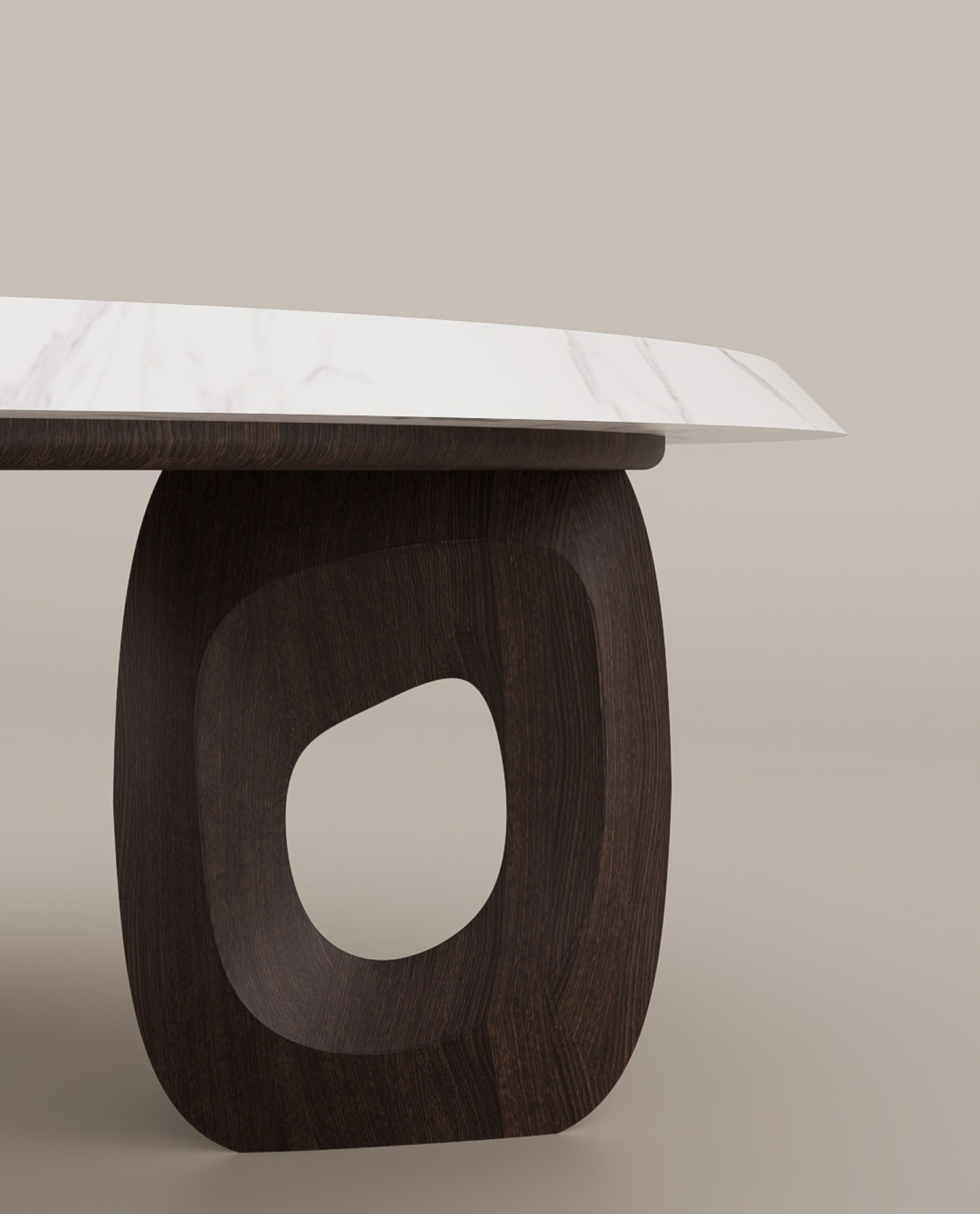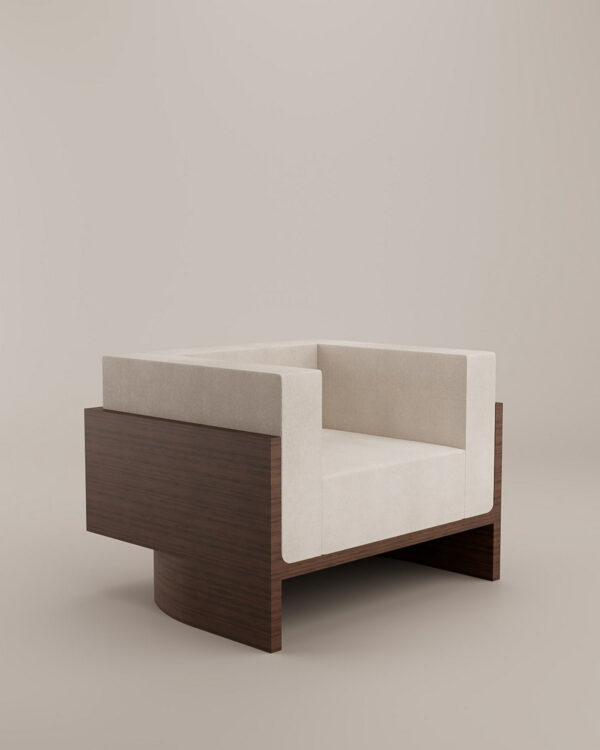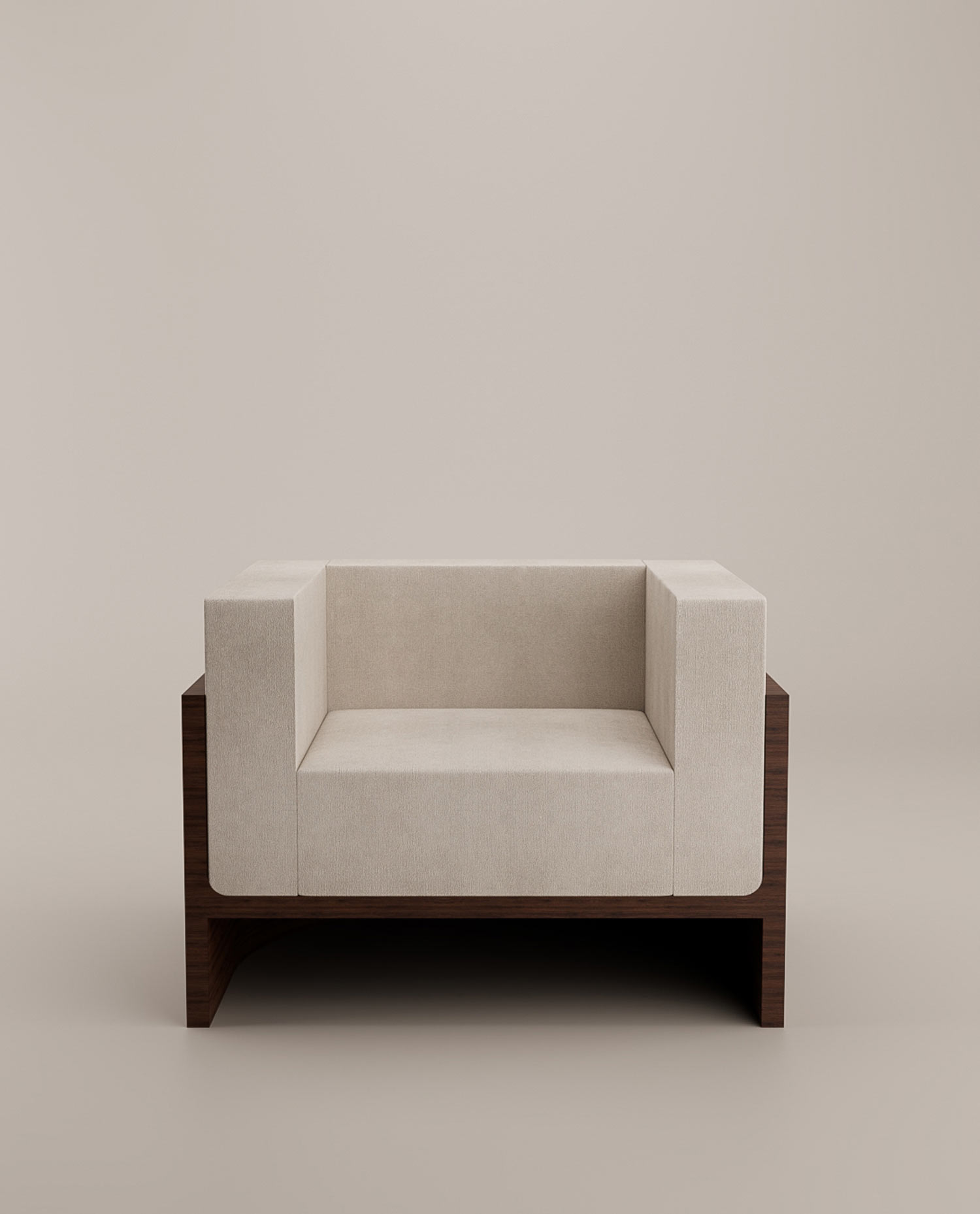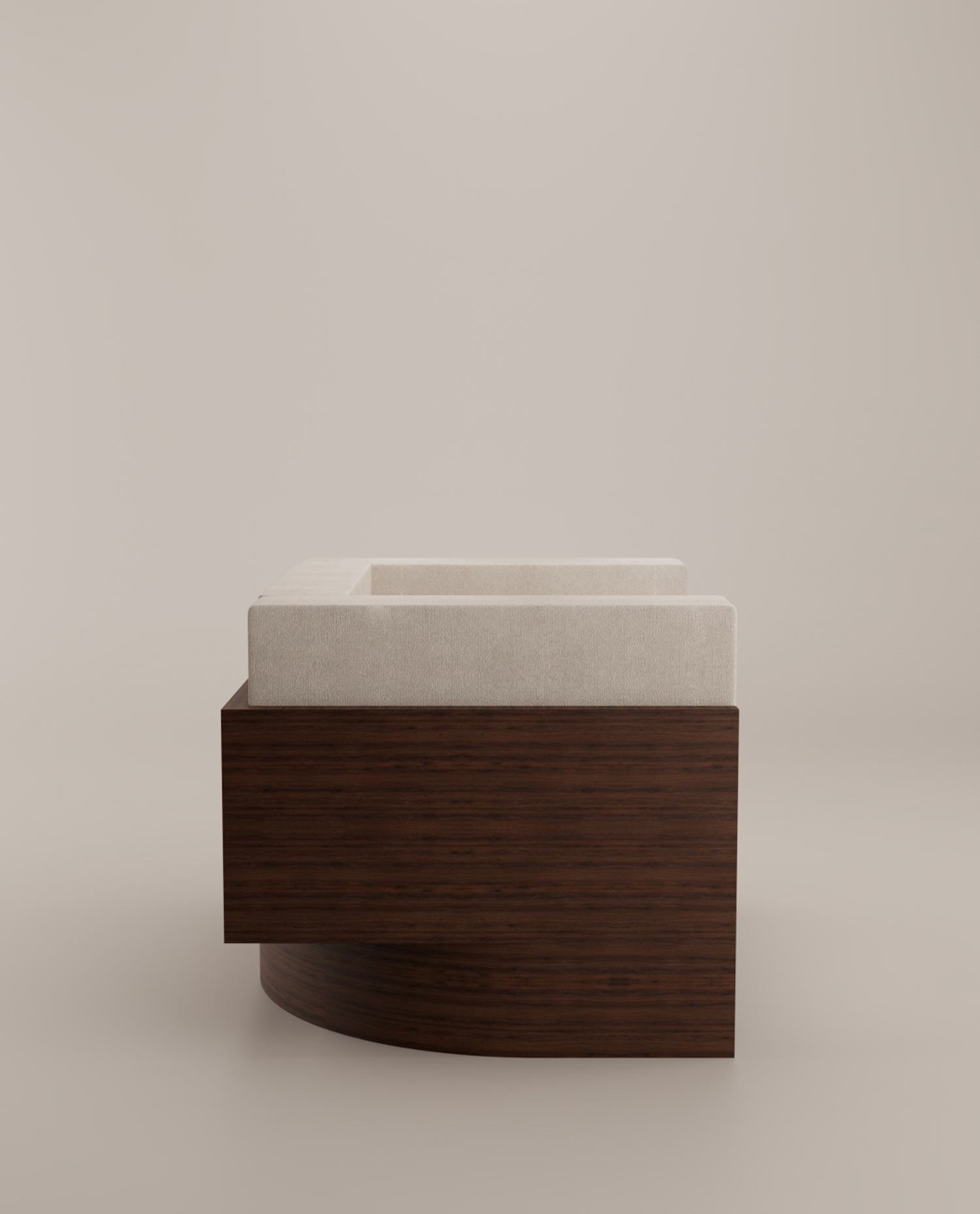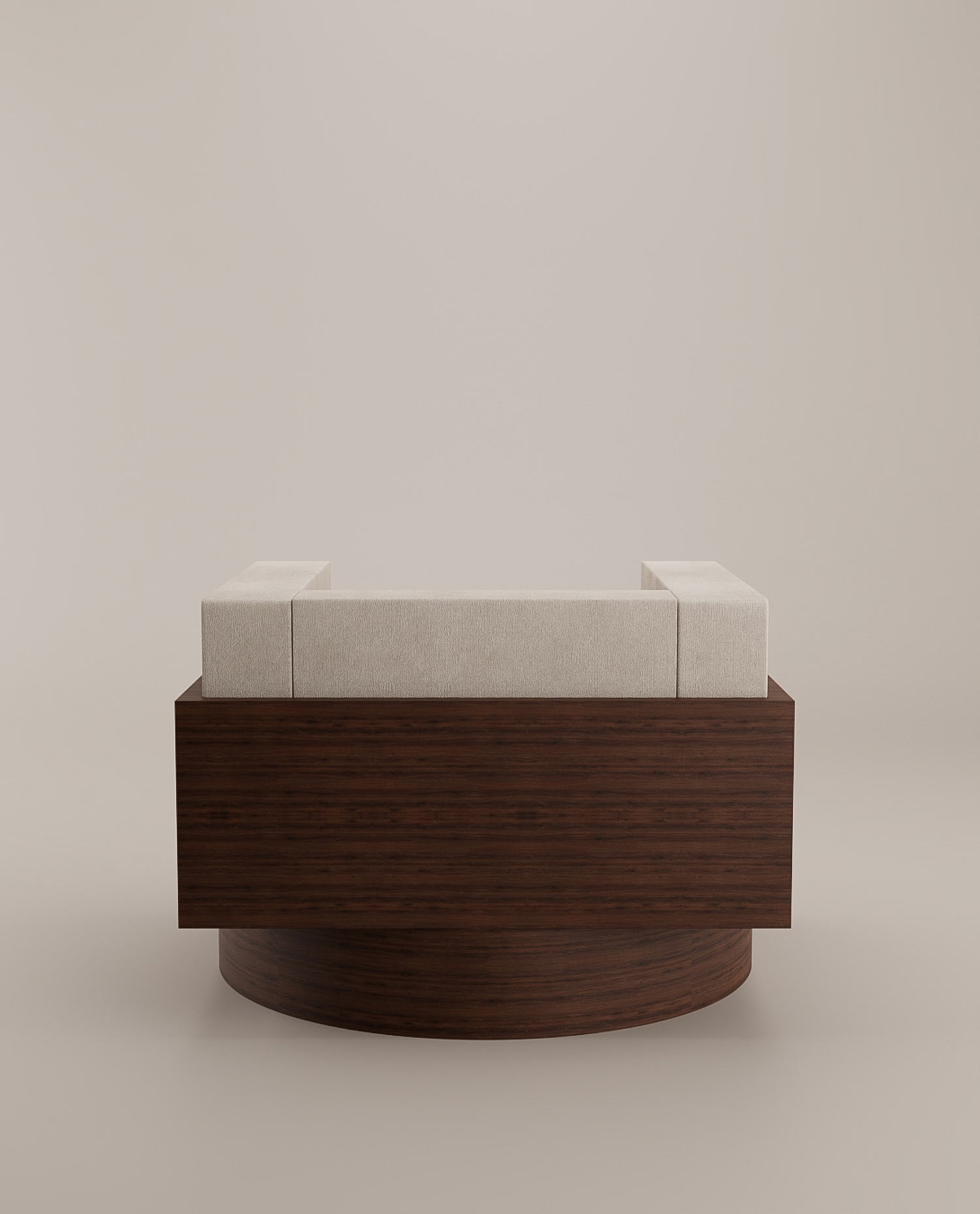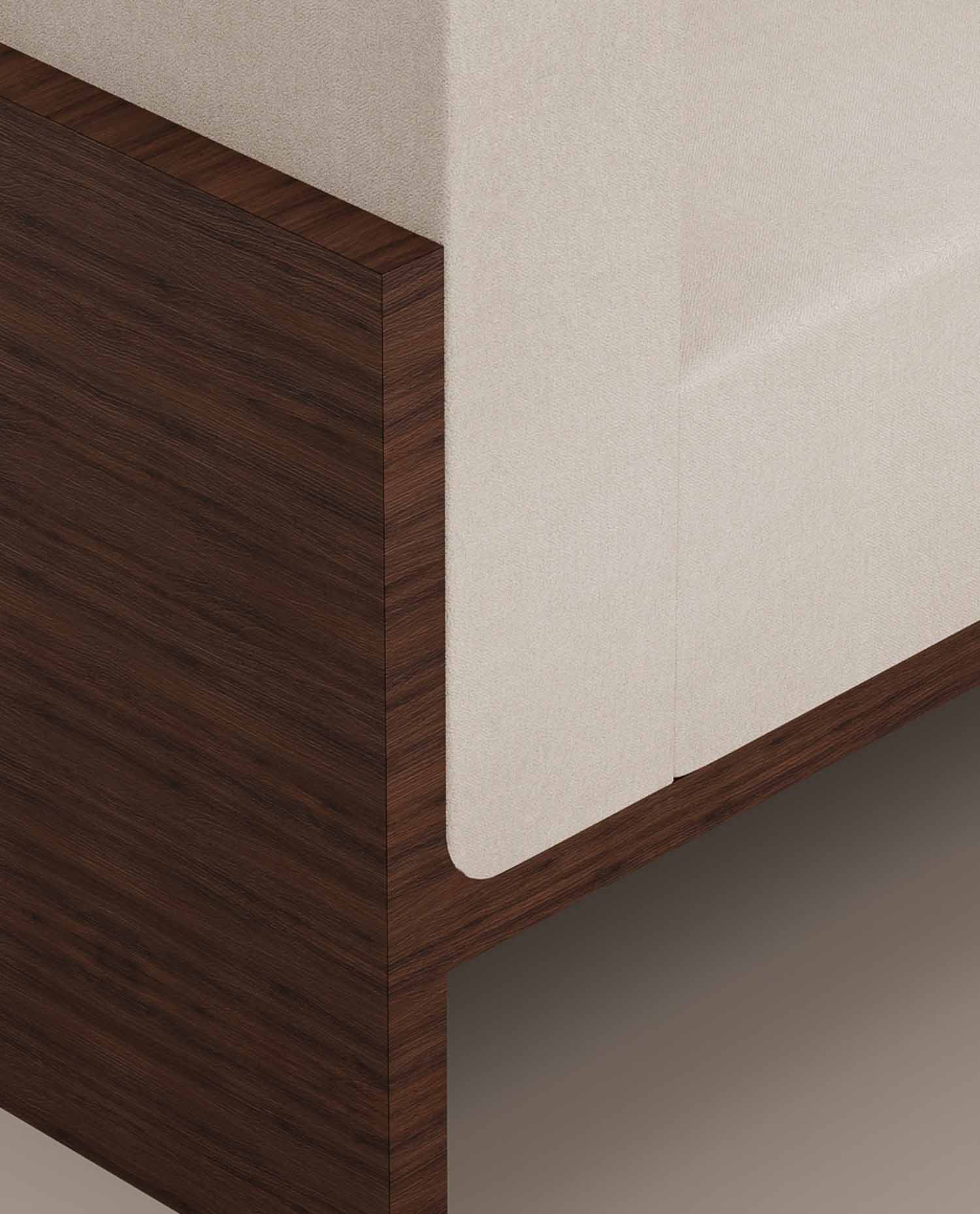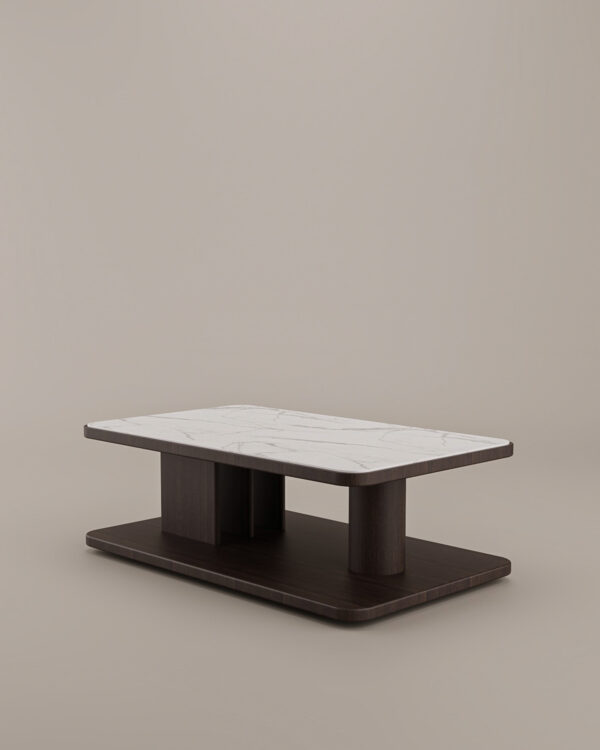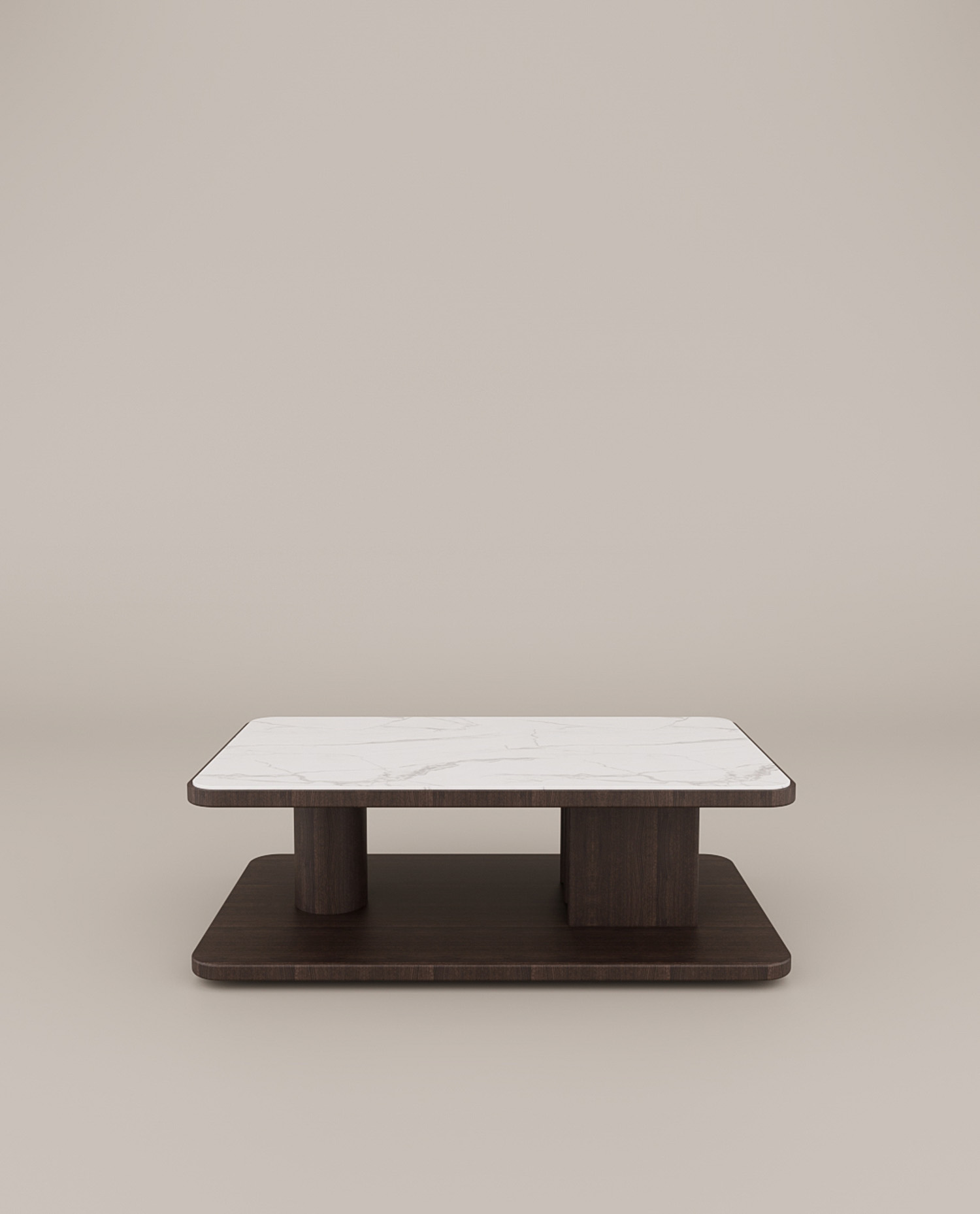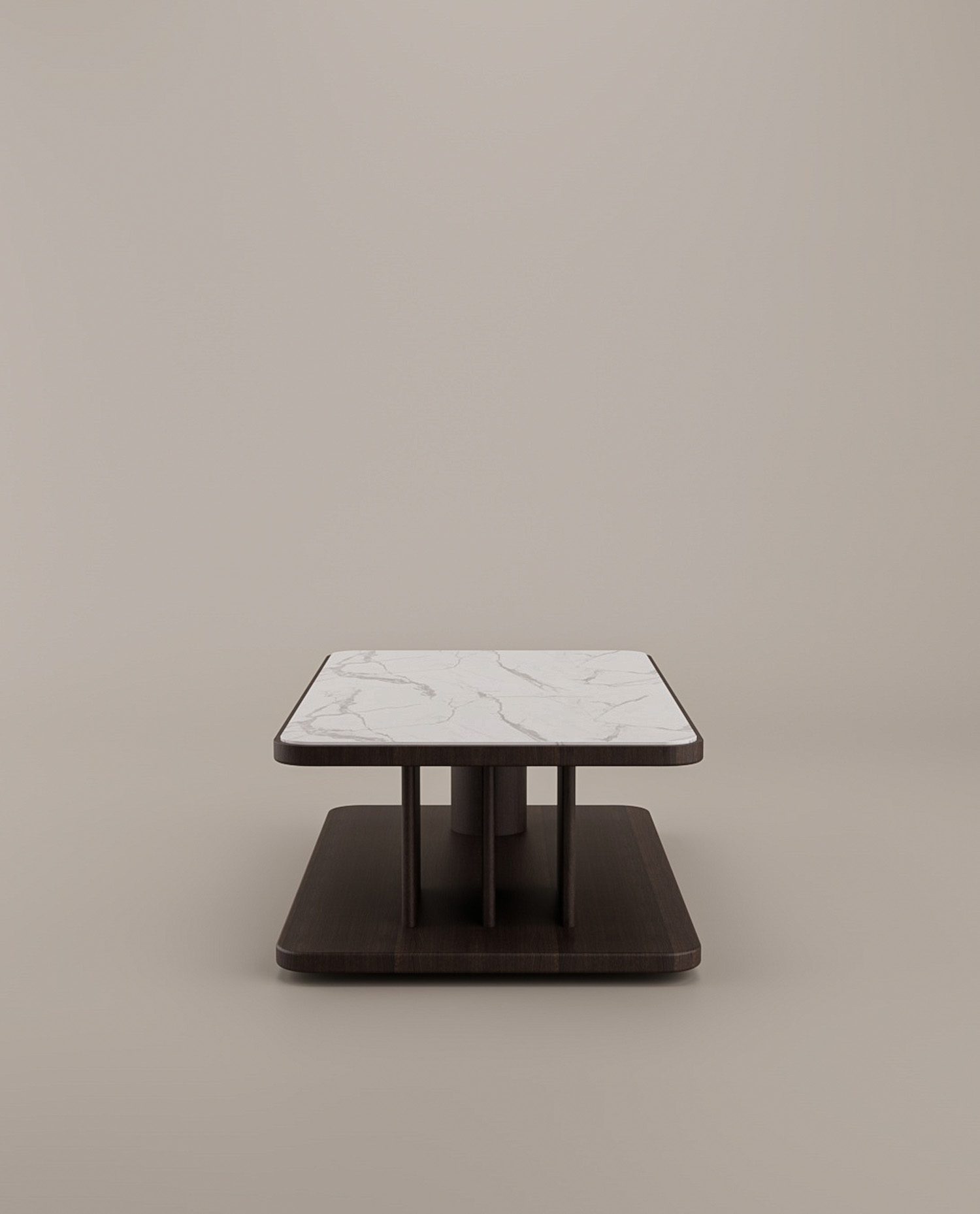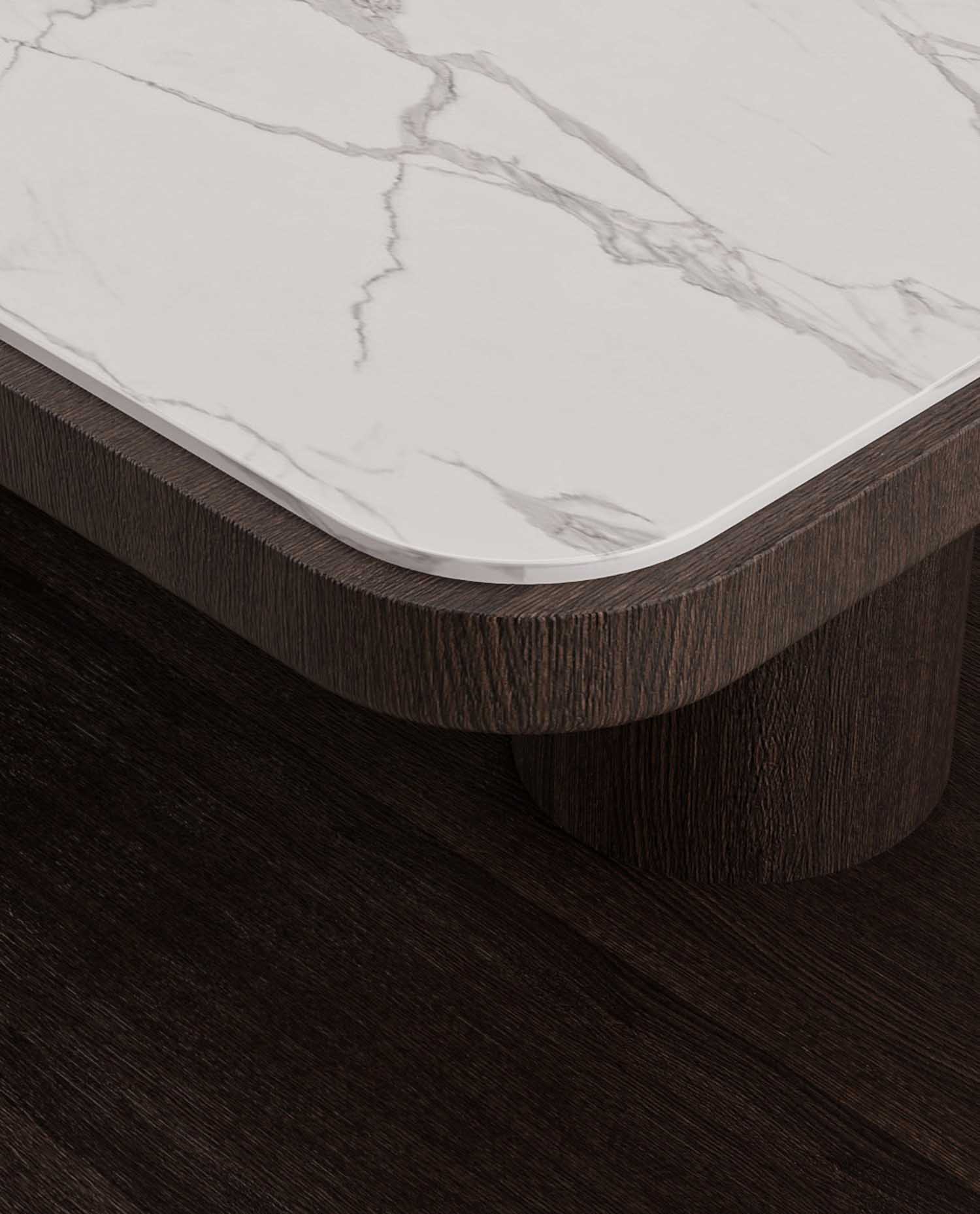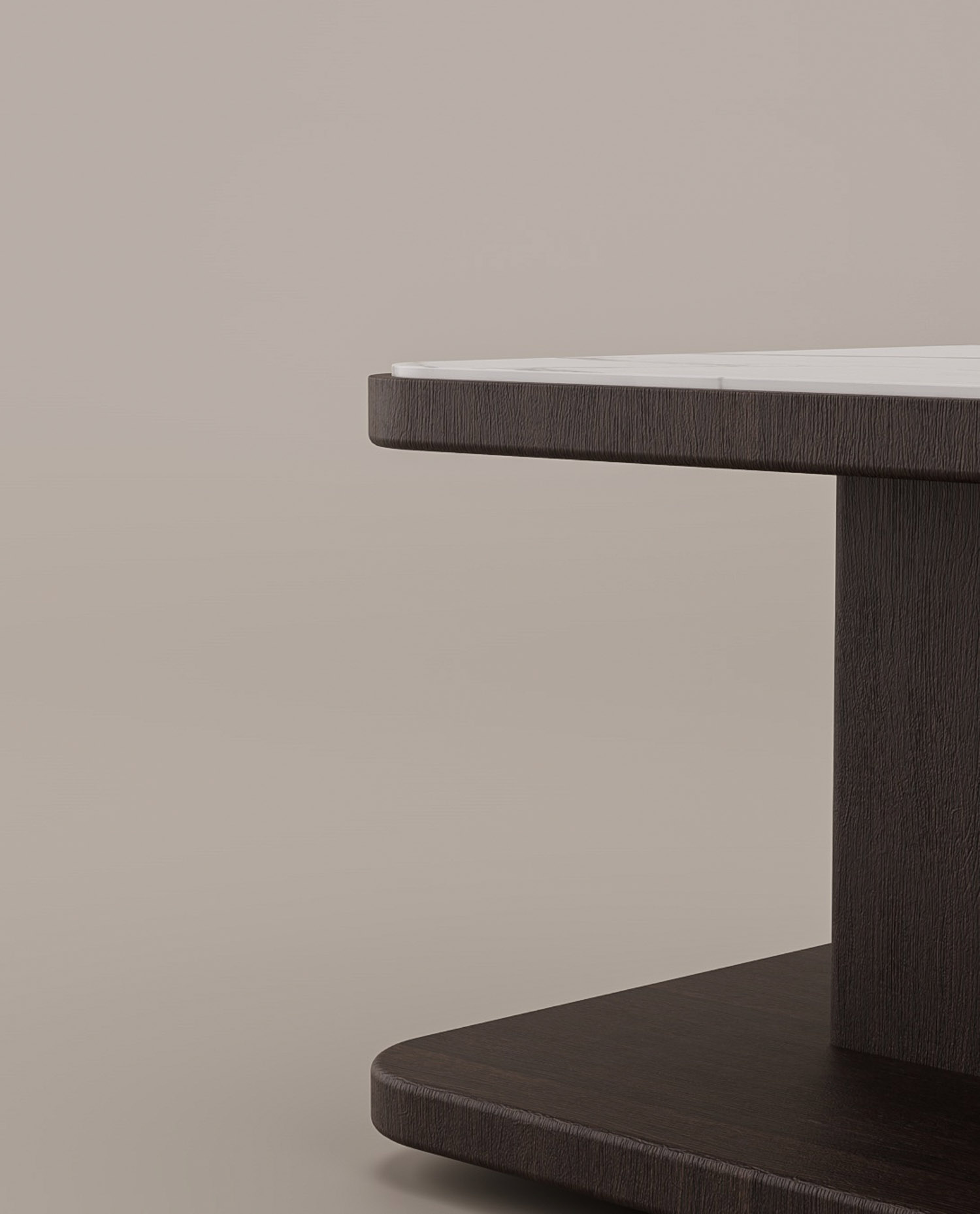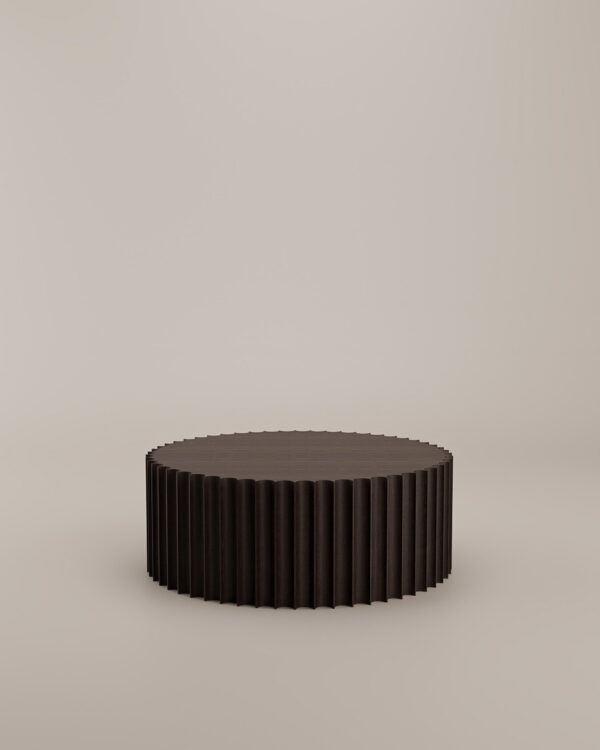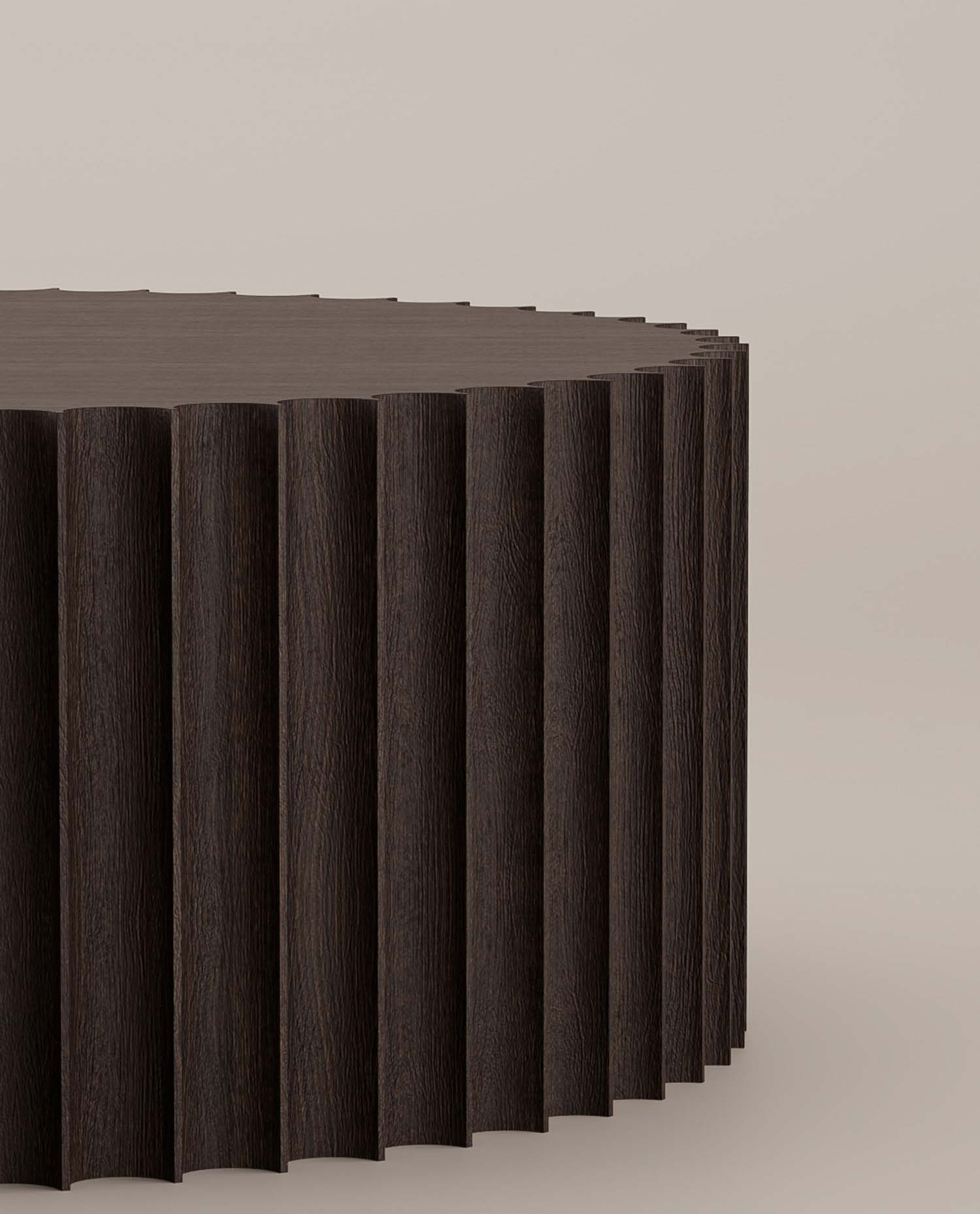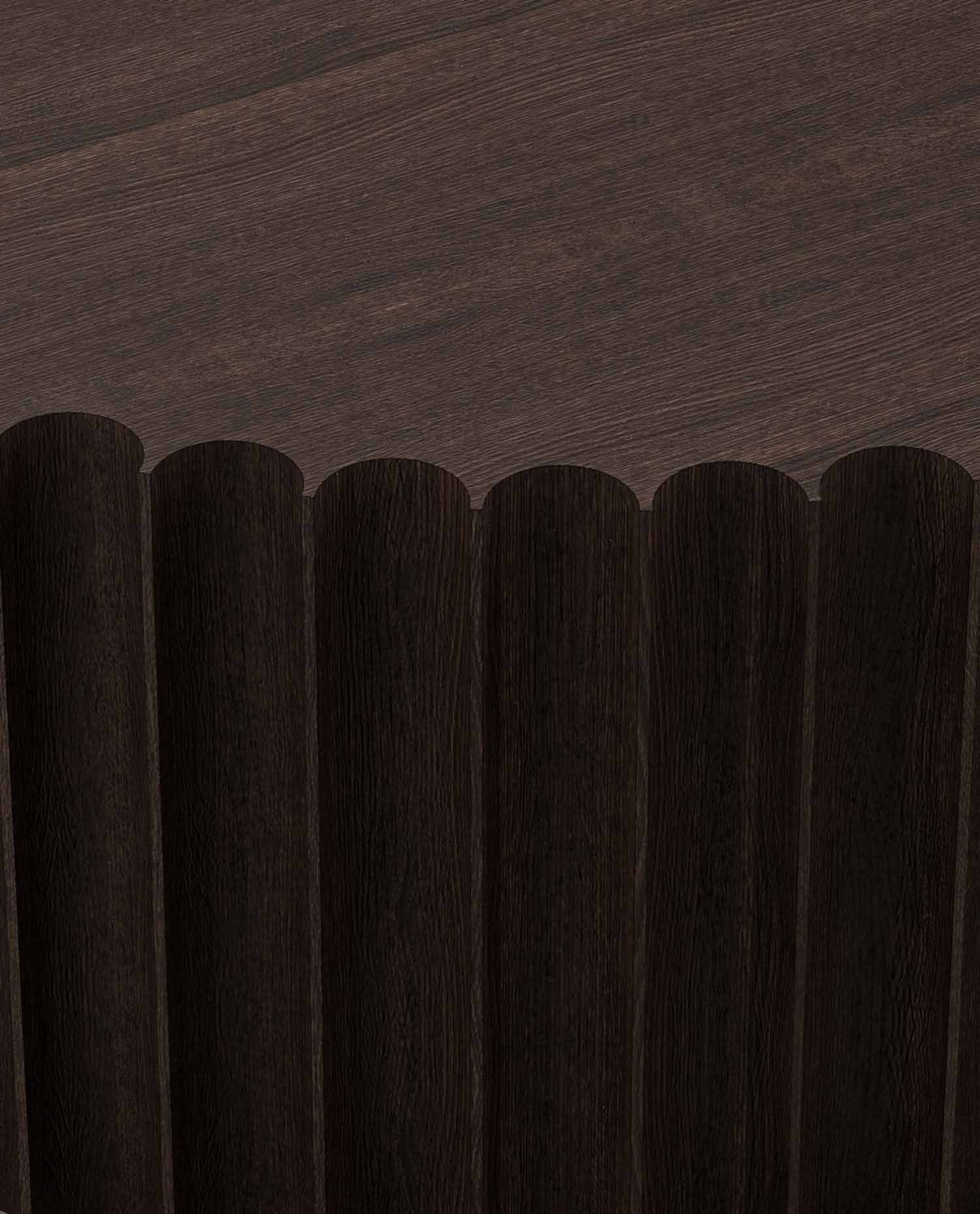Pierre coffee table
Request your customized item
Shapes that are lost over time, shaped by the erosion of natural events, become sculptures that almost seem to emerge from the ground. Simple and primitive, smooth and perfectly polished, solitary or close together, united in an impeccable joint.
The sturdiness of the travertine monobloc legs is combined with the delicacy of the top with rounded edges in a result of perfect balance and delicacy.
Top
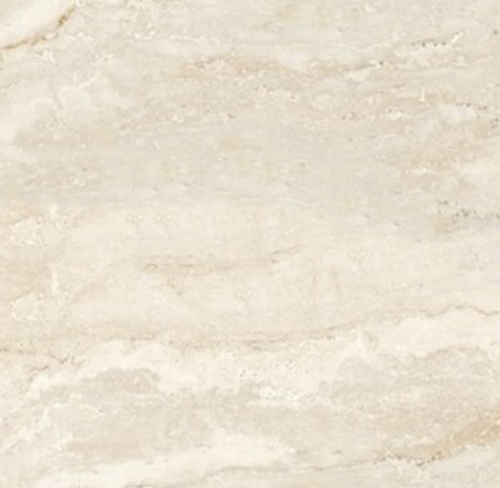
Italian travertine
The finishes displayed are approximate and may differ from the original
Structure

Italian Travertine
The finishes displayed are approximate and may differ from the original
– Made in Italy
– Available in 7-8 weeks from order
Dimensions
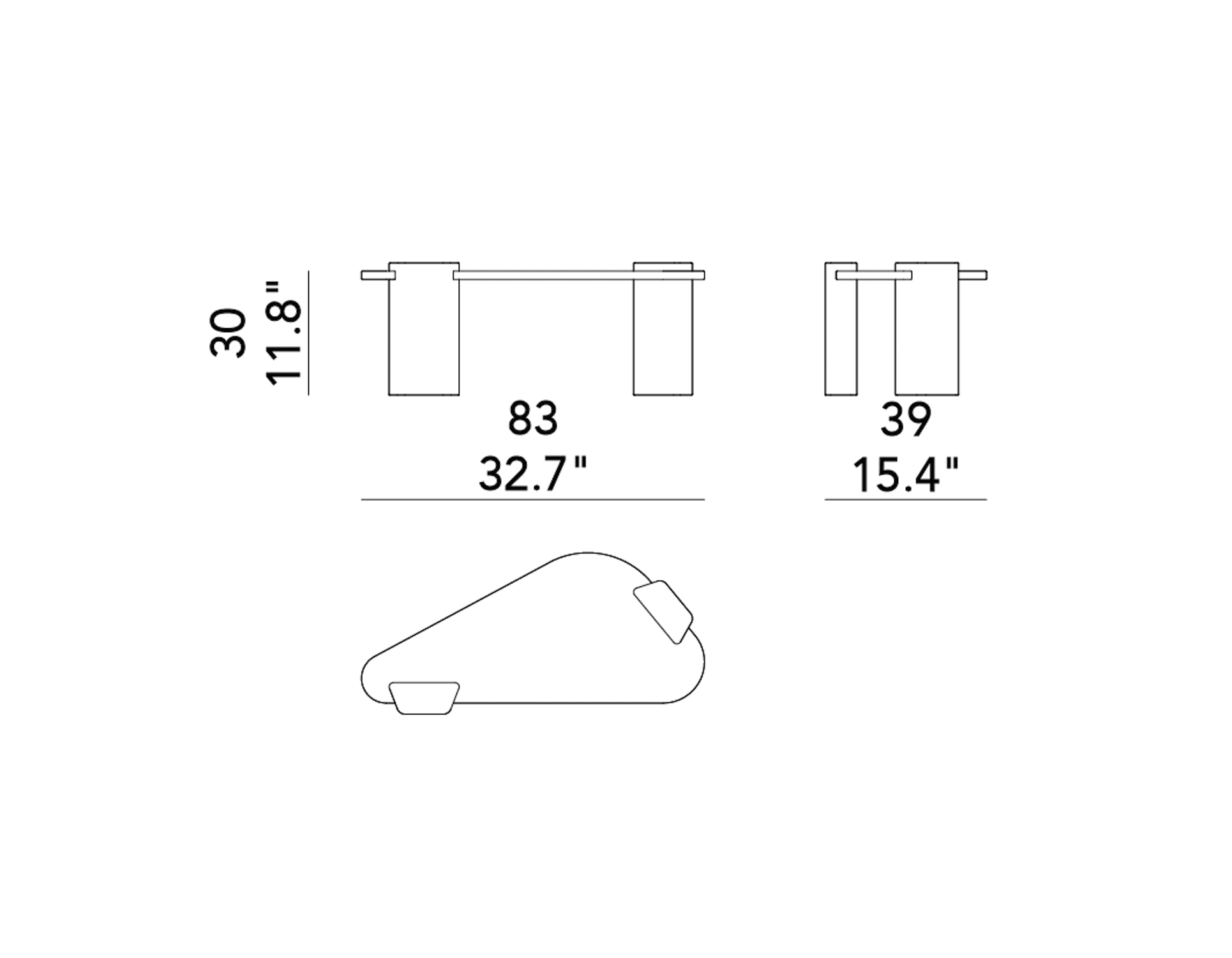
Details
Structure:
Italian Travertine.Top:
Italian travertine.Product care
Structure
For normal maintenance, dust and dry residues use a soft cloth. For stubborn dry dirt (dust that has penetrated the pores) it is advisable to use a tightly knitted or spongy cloth, slightly moistened with warm water and well wrung out. Clean following the grain of the surface without exerting too much pressure. For both greasy and oily stains (fingerprints), it is recommended to treat the surfaces with a sponge moistened with water and washing-up liquid. Then go over the surfaces as described above. Avoid products containing solvents and/or denatured alcohol as well as cloths with stiff fibers (linen and synthetic fibres) as they could damage the paint. Given the type of treatment, it is important to remove the stains immediately following the procedures described above.
Top
For normal maintenance, dust and dry residues use a soft cloth. For stubborn dry dirt (dust that has penetrated the pores) it is advisable to use a tightly knitted or spongy cloth, slightly moistened with warm water and well wrung out. Clean following the grain of the surface without exerting too much pressure. For both greasy and oily stains (fingerprints), it is recommended to treat the surfaces with a sponge moistened with water and washing-up liquid. Then go over the surfaces as described above. Avoid products containing solvents and/or denatured alcohol as well as cloths with stiff fibers (linen and synthetic fibres) as they could damage the paint. Given the type of treatment, it is important to remove the stains immediately following the procedures described above.

